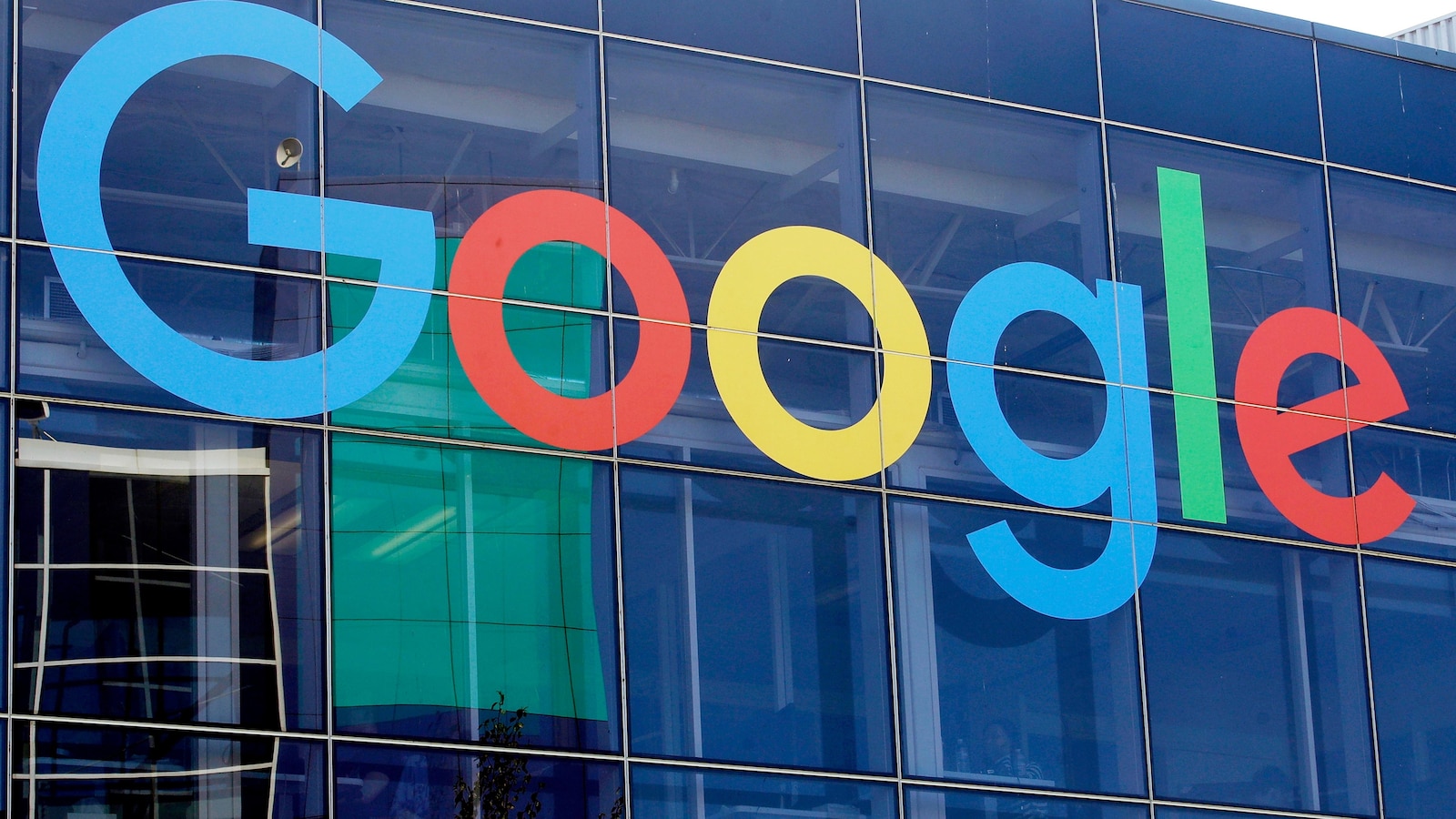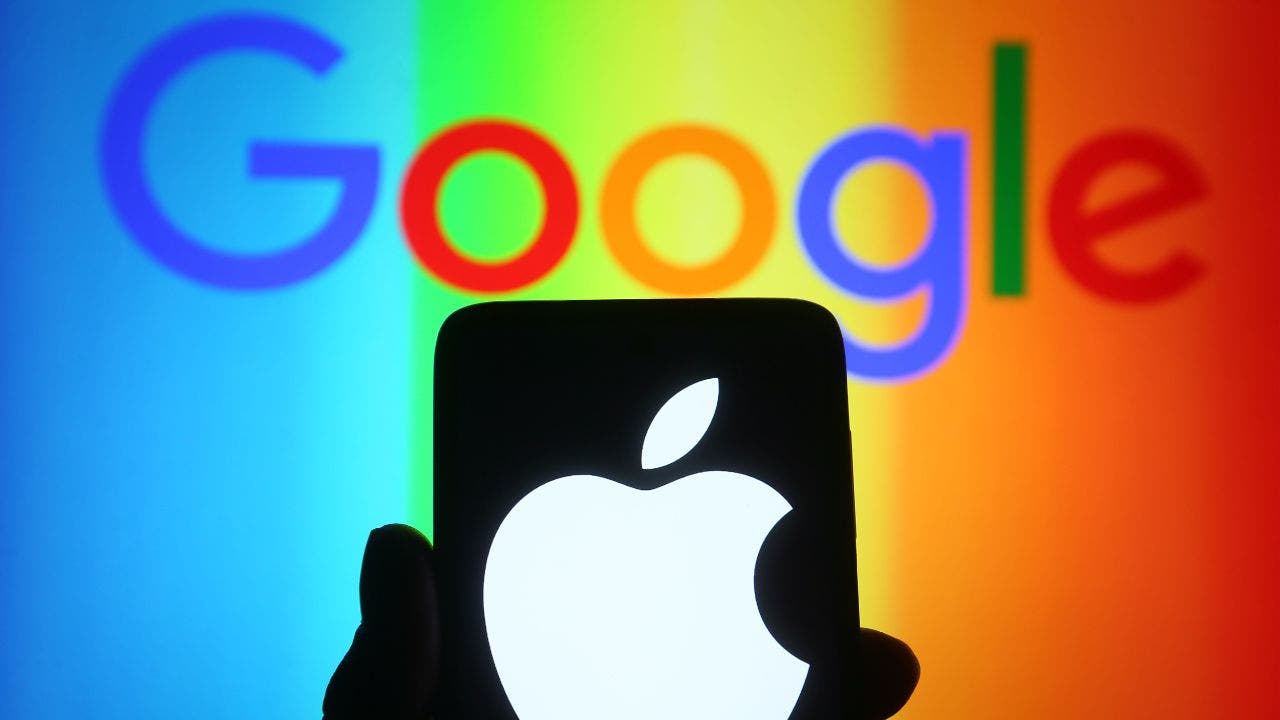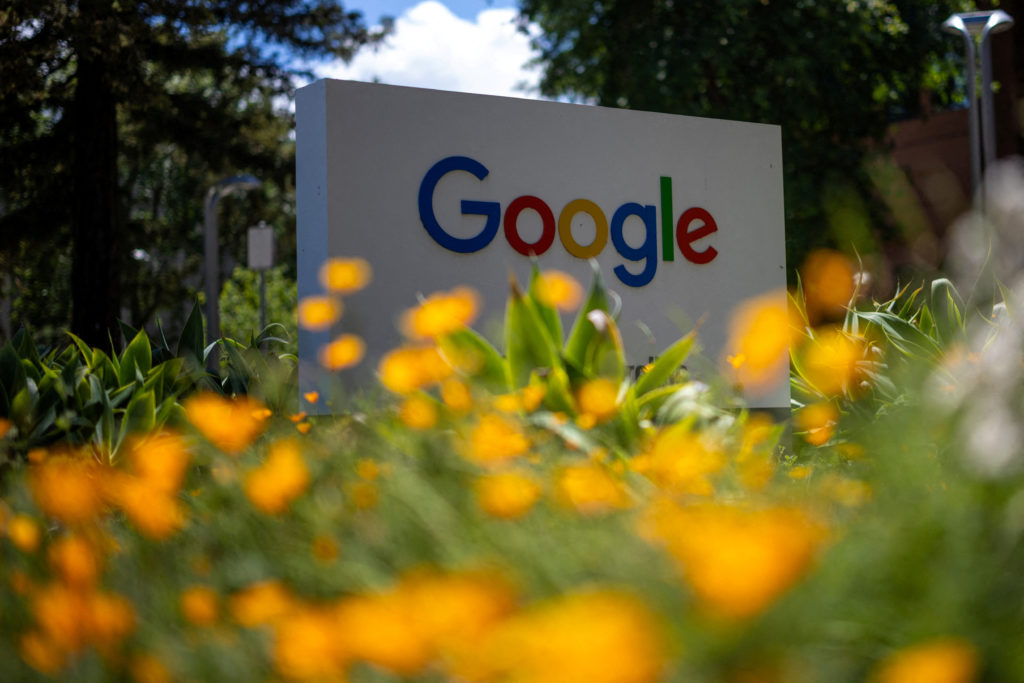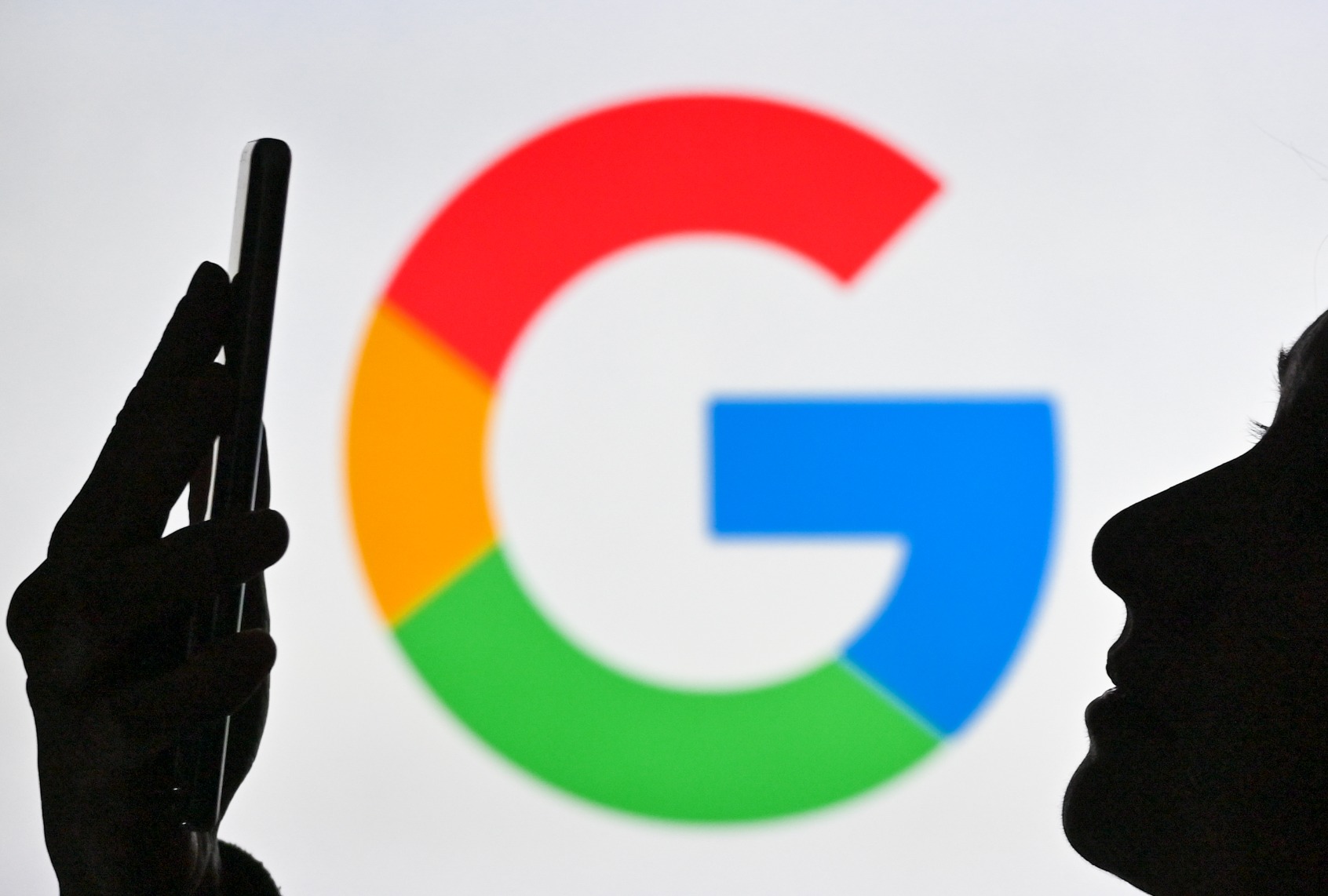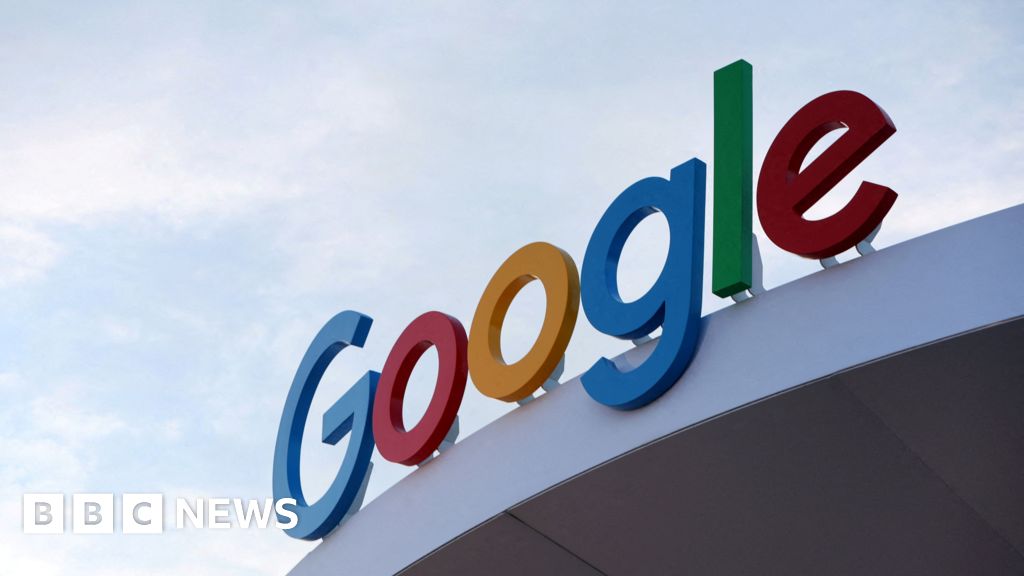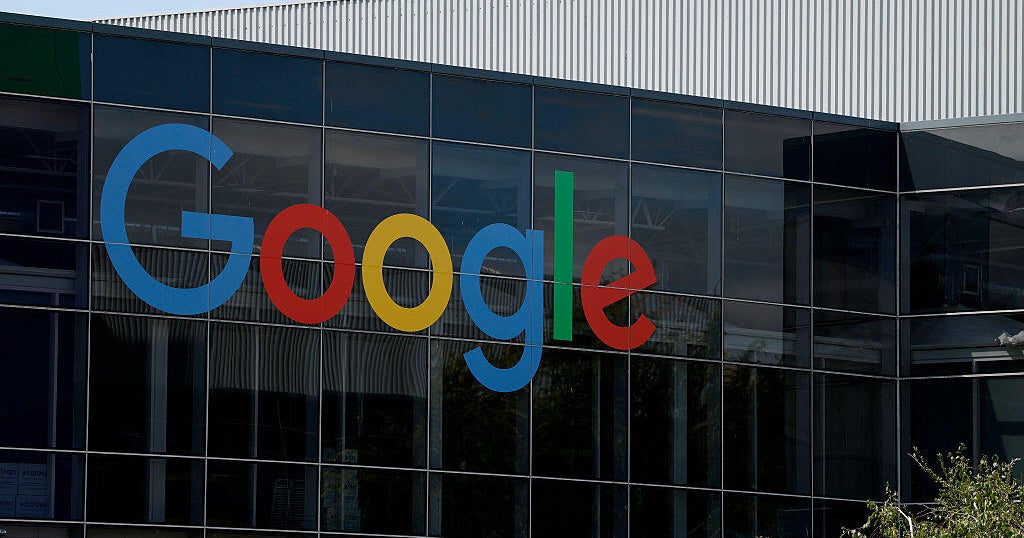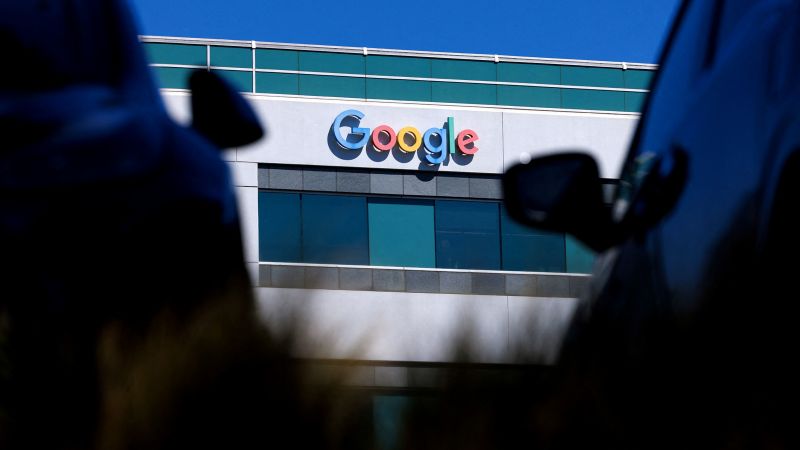US Federal Judge Orders Major Operational Changes for Google in Landmark Antitrust Ruling
A US federal judge mandated significant changes to Google's search engine operations and distribution contracts, addressing its illegal monopoly power, while avoiding a complete breakup.
Subscribe to unlock this story
We really don't like cutting you off, but you've reached your monthly limit. At just $5/month, subscriptions are how we keep this project going. Start your free 7-day trial today!
Get StartedHave an account? Sign in
Overview
- A US federal judge ruled against Google in an antitrust case, citing its illegal monopoly power and mandating significant operational changes to its search engine.
- Google must now share specific search data with qualified competitors and terminate exclusive distribution contracts for its search, Chrome, Google Assistant, and Gemini apps.
- The ruling, while imposing new restrictions like choice screens, spared Google from a complete breakup or being forced to sell its Chrome web browser or Android.
- These new restrictions will last for six years and be overseen by a special technical committee, aiming to enhance competition within the digital search market.
- Google plans to appeal the antitrust law violation finding and proposed remedy, despite its parent company Alphabet's shares surging positively after the ruling.
Report issue

Read both sides in 5 minutes each day
Analysis
Center-leaning sources frame the Google antitrust ruling as largely insufficient, a "let-off" for the tech giant. They emphasize the "subdued" nature of the decision and the "light-handed punishment," highlighting the continued financial gains for Google and Apple. The collective narrative suggests the court failed to effectively curb Google's monopolistic power, despite the initial finding of an illegal monopoly.
Articles (23)
Center (15)
FAQ
The judge ordered Google to share certain search data with qualified competitors, end exclusive distribution contracts for its search engine and affiliated apps like Chrome, Google Assistant, and Gemini, and implement choice screens to increase market competition.
The judge decided that imposing operational restrictions and ending exclusive contracts would sufficiently address Google's illegal monopoly power without the need for a complete breakup or forcing Google to sell key products like Chrome or Android.
The new operational restrictions imposed on Google will last for six years and will be overseen by a special technical committee to ensure compliance and enhance competition in the search market.
Google announced plans to appeal the finding of antitrust violations and the proposed remedies, despite Alphabet's shares increasing following the ruling.
The ruling aims to increase competition in the digital search market by forcing Google to share data with competitors and removing exclusive distribution contracts, potentially leading to more choices for consumers and innovation among search providers.
History
- 2M

 5 articles
5 articles
- 2M

 12 articles
12 articles


